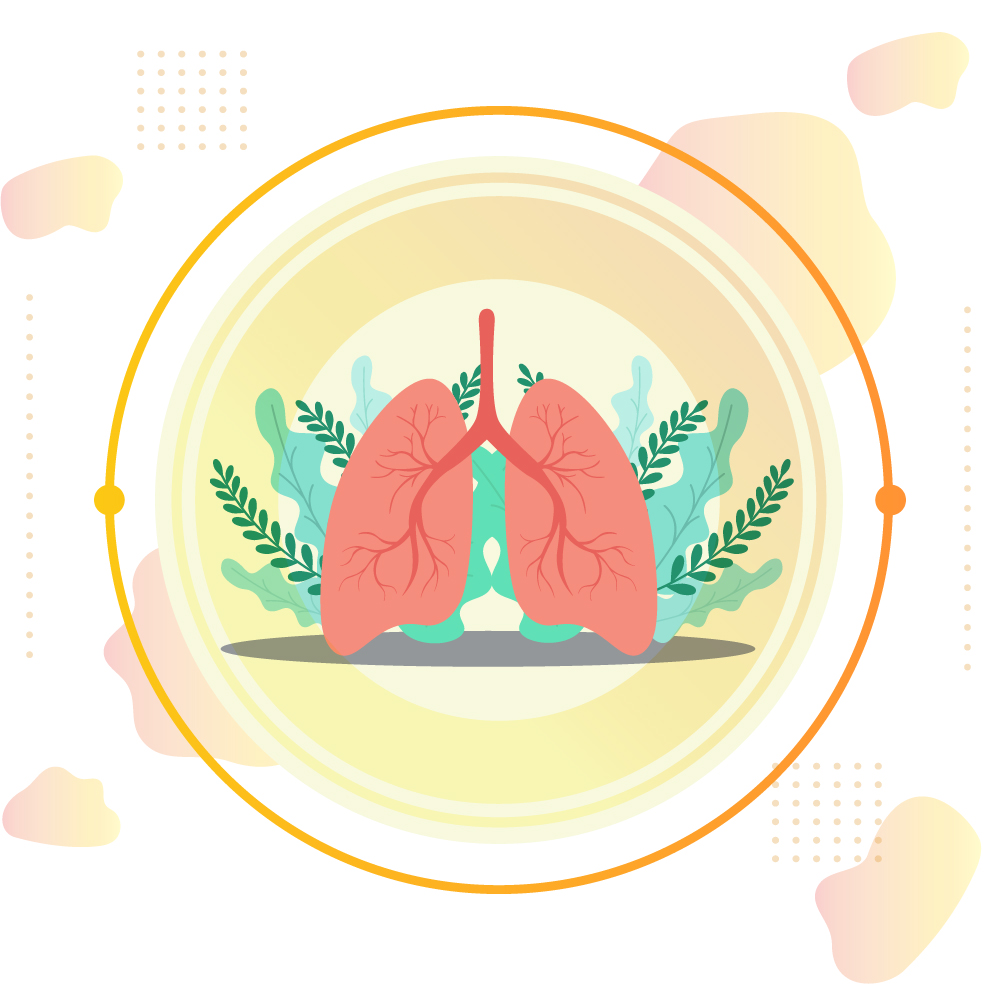Vitamin D and its role in Immunity, Respiratory Health and Mental Health
Article by: Dr. Akshay Shah, Co-Founder & Executive Partner, Jarma Wellness LLP
Vitamin D is both a nutrient we consume and a hormone our bodies make. It is a fat-soluble vitamin that has long been known to help the body absorb and retain calcium and phosphorus; both are critical for building bone. Also, recent studies show that Vitamin D can help in modulating immune functions, helps in various mental disorders such as depression, anxiety, cognitive impairment, autism, etc and in reducing the risk of infection and death from Acute Respiratory Tract Infections (ARTIs), including those from influenza, CoV, and pneumonia.
Many of the body’s organs and tissues have receptors for Vitamin D, which suggest important roles beyond bone health also its role in disease prevention is an important area of research. Given the current pandemic our immunity, respiratory health and mental health are what everybody is talking about. Let’s see how Vitamin D helps in keeping yourself healthy through this pandemic.
Role of Vitamin D in Immunity and Current Pandemic
Over the last decade, several studies suggest that Vitamin D deficiency is a potential risk factor for various diseases, including systemic infections and autoimmune diseases. Vitamin D plays a vital role in mediating innate immune responses. Below are some of the research that shows the importance of Vitamin D in modulating the immune response in various infections. At early stages of COVID-19, protective immune response is responsible for eliminating the virus.
Thus, potential immunomodulators, like Vitamin D, could be of great importance. Vitamin D levels ≥ 95 nmol/L are associated with a 2-fold lower risk of acute viral respiratory infections Vs. levels < 95 nmol/L. Vitamin D has direct effects on immune cell proliferation and activity. This article hypothesized that Vitamin D supplementation as an adjuvant therapy for COVID-19 could open possibilities for slowing disease progression & improving survival.
(Source: Ebadi M et al. Eur J Clin Nutr. 2020;1-4)


Role of Vitamin-D in Respiratory Health
Several available evidences indicate that supplementation with multiple micronutrients with immune-supporting roles may modulate immune function and reduce the risk of infections. Micronutrients with the strongest evidence for immune support are Vitamin D, Vitamin C, and Zinc. A growing number of studies support the role of higher Vitamin D levels in reducing the risk of infection and death from Acute Respiratory Tract Infections (ARTIs), including those from influenza, CoV, and pneumonia.
Vitamin D is well known for reducing the risk of infections through the mechanism of inducing cathelicidens and defensins that can lower viral replication rates and reducing concentrations of pro-inflammatory cytokines that produce the inflammation that injures the lining of the lungs, leading to pneumonia as well as increasing concentrations of anti-inflammatory cytokines. Vitamin D plays a vital role in modulating the functioning of the immune system by stimulating macrophages (Macrophages are specialised cells involved in the detection, phagocytosis and destruction of bacteria and other harmful organisms) and dendritic cells. It is also suggested that Vitamin D plays an immuno-modulatory role by regulating and suppressing the cytokine inflammatory response that causes the acute respiratory distress syndrome characterizing the severe and often lethal forms of Covid-19.
Role of Vitamin D in Mental Health
Vitamin D may play a vital role in mental health. Several studies have shown the association between Vitamin D deficiency and various psychiatric disorders such as depression, anxiety, cognitive impairment, autism, etc. Vitamin D supplementation may aid in relieving anxiety and depression. Below are some of the snippets of the research conducted to show the relationship of Vitamin D with mental health. Vitamin D deficiency is associated with an increased risk of anxiety
In a retrospective analysis of 51,003 participants, the relationship between serum Vitamin D levels and anxiety symptoms were assessed. The individuals with anxiety had lower mean levels of Vitamin D when compared to that of non-anxious individuals. Compared with sufficient Vitamin D levels (≥ 20 ng/mL), insufficient (10-19.99 ng/mL) and deficient (< 10 ng/mL) Vitamin D levels were significantly associated with the risk of anxiety symptoms.
(Source: Kim SY et al. Psychiatry Investig. 2020 Apr;17(4):312-319)


Vitamin D Deficiency
Vitamin D deficiency may occur from a lack in the diet, poor absorption, or having a metabolic need for higher amounts. If one is not eating enough Vitamin D and does not receive enough sun exposure over an extended period, a deficiency may arise. People who cannot tolerate or do not eat milk, eggs, and fish, such as those with lactose intolerance or who follow a vegan diet, are at higher risk for a deficiency.




